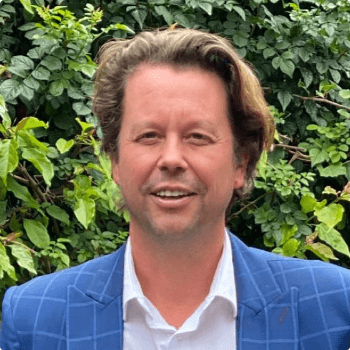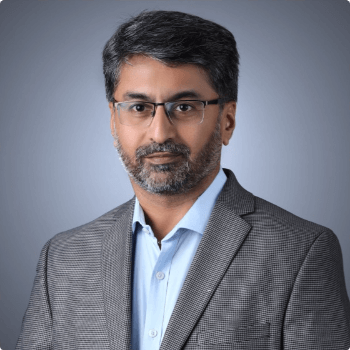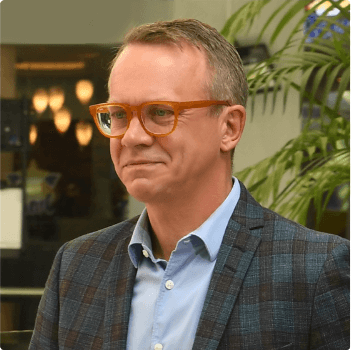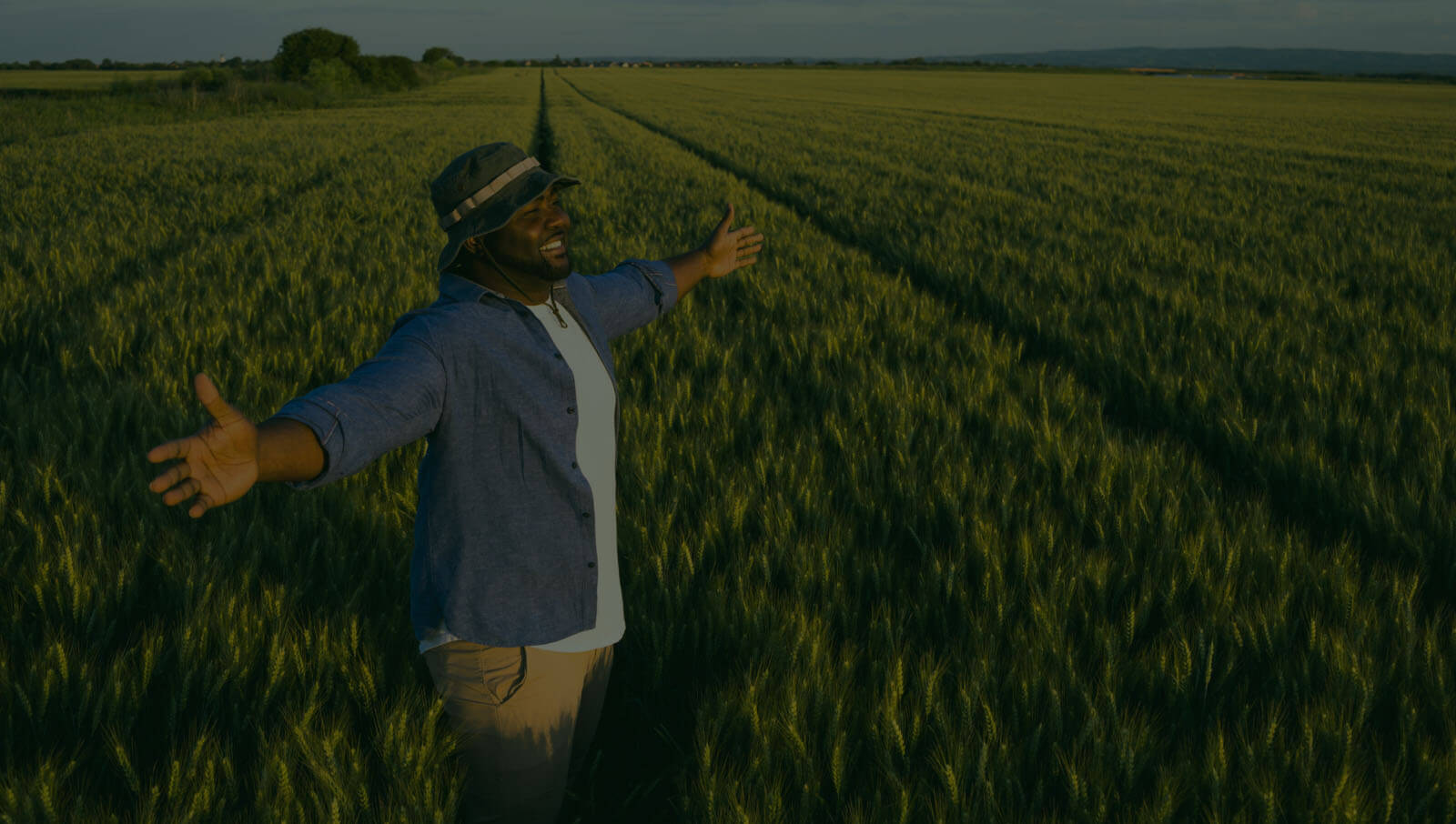
Transforming waste into a superior, sustainable fuel
Our mission
Transforming waste into
a superior, sustainable fuel
Transforming waste into a superior, sustainable fuel
Our mission
Transforming waste into
a superior, sustainable fuel
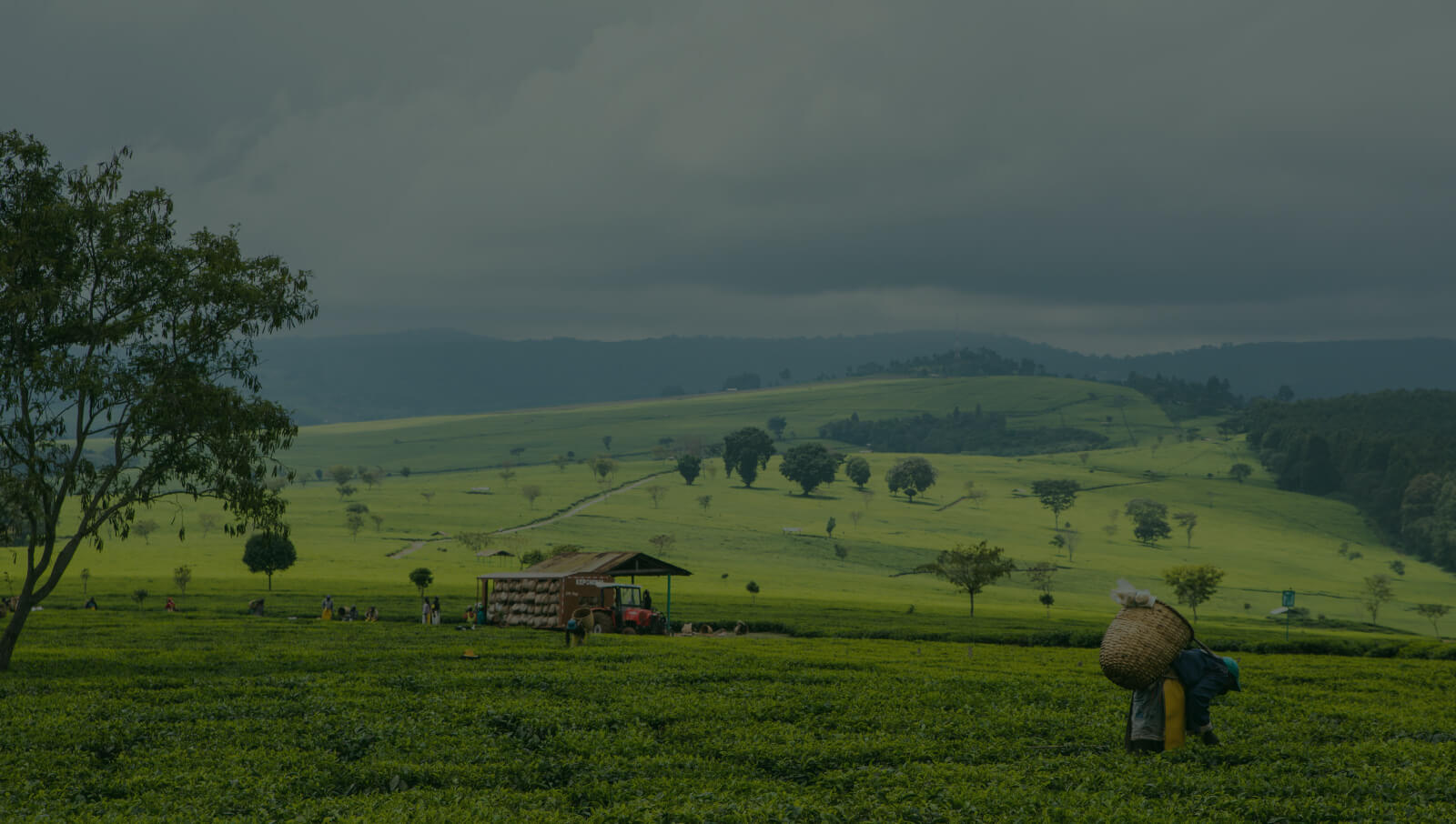
Waste-to-energy plants tackle landfills, pollution, ozone depletion and deforestation
Our mission
Waste-to-energy plants tackle landfills, pollution, ozone depletion and deforestation
Waste-to-energy plants tackle landfills, pollution, ozone depletion and deforestation
Our mission
Waste-to-energy plants tackle landfills, pollution, ozone depletion and deforestation
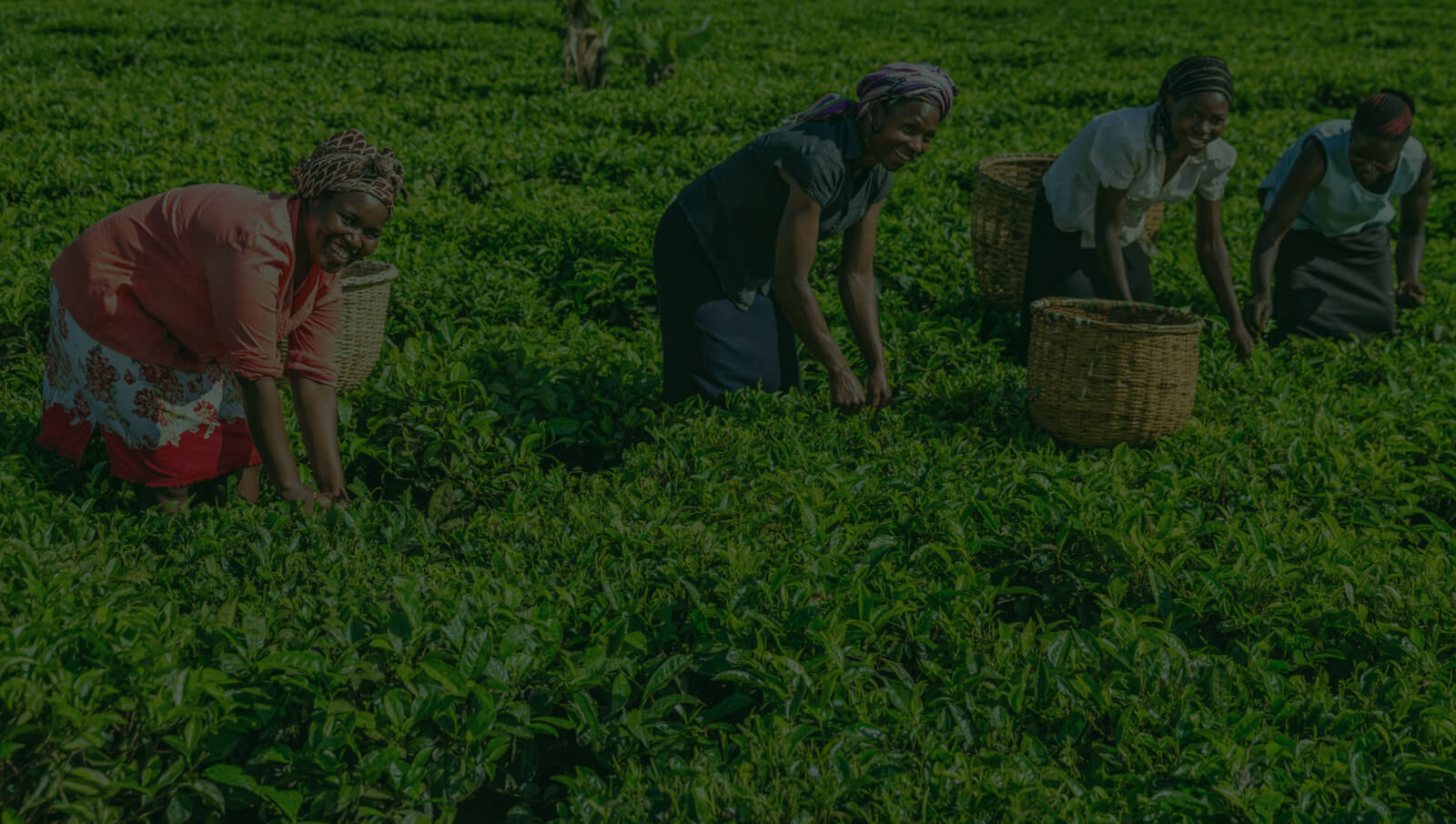
Uplifting communities, creating jobs and empowering women
Our mission
Uplifting communities, creating jobs and empowering women
Uplifting communities, creating jobs and empowering women
Our mission
Uplifting communities, creating jobs and empowering women
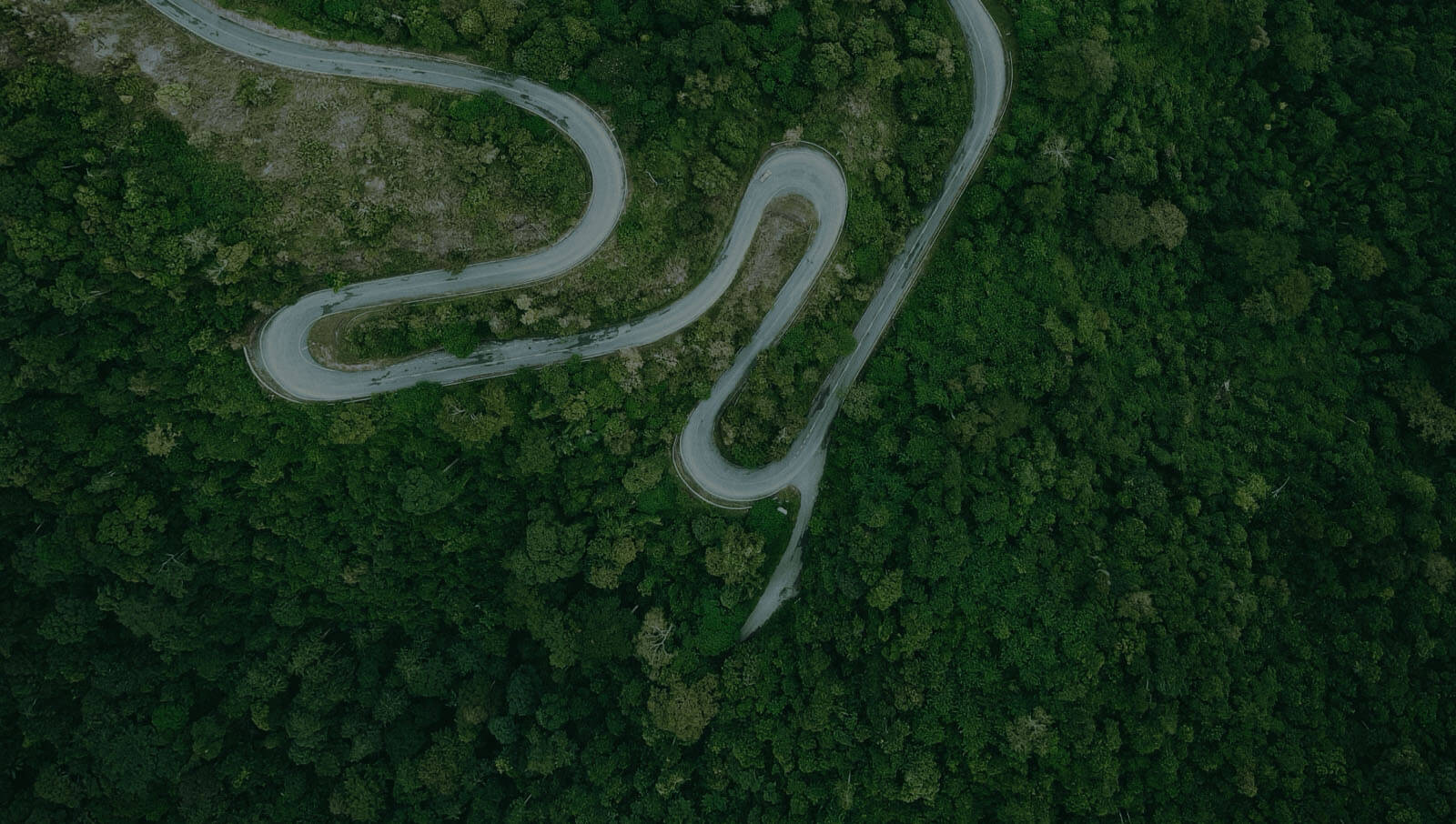
The Path to Clean, Affordable, Sustainable Energy
Africa was the first to birth life, and it should be the first to birth the biggest, life-changing green revolution. We at Alkebulan strongly believe that.
And that’s why we are on this mission of substituting Africa’s current energy sources of wood and fossil fuels with cleaner, greener, more Earth-friendly fuels.
Our worth on this planet is not measured by how we live; but by how we change and shape here. By boosting the waste-to-fuel initiative with the adrenaline of automation and technology, we provide low-cost affordable and eco-friendly briquettes to industries and households. And we take our people with us. By upskilling locals, creating a self-sustaining circular economy, tackling local problems of waste hitting landfills and generating jobs that bring development.
We believe in our cause. Join us as we write our story.

We saw an opportunity
… in the inexhaustible raw material, that is our waste. And so, we used it (agricultural waste, animal waste and even human waste) to create a superior fuel that beats all your regulars.

We saw the gap
… where non-renewable energy sources were causing ozone depletion, weather pattern disturbances, natural disasters, and global warming. And there were few affordable alternatives.

We saw the market readiness
… from both industries, and consumers, to substitute the energies they traditionally used , like wood and fossil fuels, with renewable biogas and high-energy briquettes.
Why Choose Us?

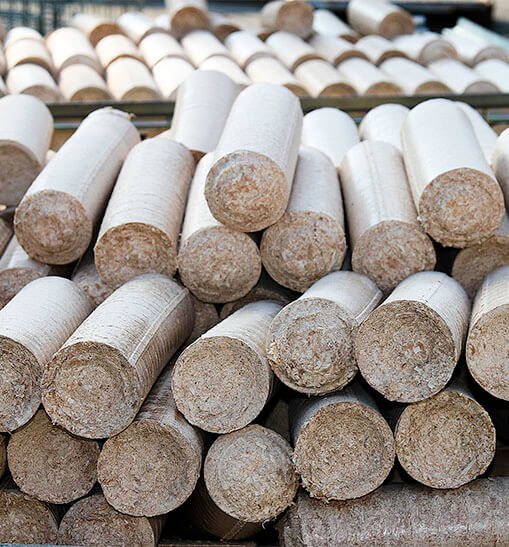
- We believe in climate mitigation. It shows in our measurable objective of lowering greenhouse gas emissions. And to make this dream a reality, we bring together a solid management team with proven expertise and experience.
- As with every idea whose time has come, we are ready with a keen plan for growth. Ready to scale upwards with automation, state-of-art facilities and not one, not two, but six solid revenue streams to ensure sustainability.
- In unparalleled attention to business planning, selected strategic plant locations with good connectivity and proximity to sugar factories, as these supply our feeder materials. Our futuristic vision has left us breathing space for fast upward scalability, well over 15000 MT/yr in years to come.
- And when we say scalability, how can we leave tech behind? Our technological reach even touches our customers, with web-applications enabling customers to track their order production, quality analysis, delivery schedules and dispatches on a live basis.
- As we think of our customers, we also think of society in general as an important stakeholder. So, at Alkebulan, we adopt a complete and sustainable circular economy structure and extend CSR initiatives like canteens and medical facilities in our ever-growing impact areas.
- We also come prepared with all relevant certifications, carbon credit certifications, patents, and good intentions. We are ready to take on the market as a reliable briquette manufacturer. Join us in making waste-to-fuel briquettes the ‘cool fuel’ of the century.
Our Process
Our Process
Our
Products

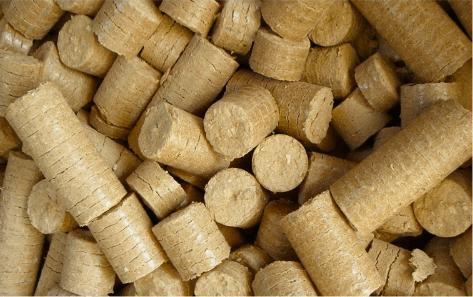
Briquettes
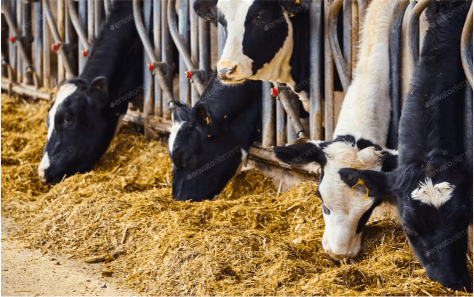
Cattle Fodder
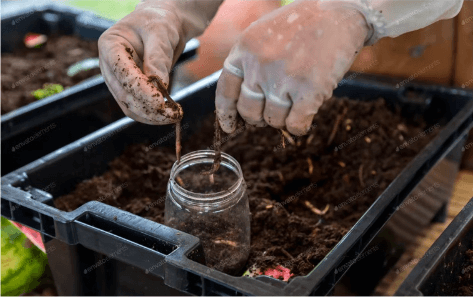
Organic Fertilizers
Latest
Articles
Here are some of the latest articles in the niche of sustainable, renewable energies generated from agricultural biowaste. These articles throw light on the future of this industry and its positive impact on the environment. It is an industry that stalls deforestation, creates socio-economic development, and reduces the burden on planet earth. View All Articles.
Grow with us by
becoming a distributor
Grow with us by
becoming a distributor

Our
Roadmap Ahead
Our Roadmap
Year 1
We focus on skills development and production process stability; improving the employability of our staff.
Year 2
Driving to gaining market share and 100% production occupancy with aggressive strategizing.
Year 3
Capitalizing on economies of scale through biodigester capacity expansion to encompass the benefits as lower consumer bills.

Year 4
Time to activate the fodder and organic fertilizer revenue streams by commencing live production and realising a true circular economy.
Year 5
Making it to 7 production plants in Kenya and exploring international expansion in greater Eastern Africa.
Year 1
Year 3
Year 5

Year 2
Year 4

Year 1
We focus on skills development and production process stability; improving the employability of our staff.
Year 2
We focus on gaining market share and 100% production occupancy with aggressive strategizing.
Year 3
We aim to achieve economies of scale through biodigester capacity expansion and then pass the benefits on as lower consumer bills.
Year 4
Time to activate the fodder and fertilizer revenue streams by starting live production and realising a true circular economy.
Year 5
Making it to 7 production plants in Kenya and exploring international expansion in Tanzania, Uganda and Ethiopia.

